Celebrities (both men & women) and the weight obsessed media.
Remember the days when female celebrities were curvy and beautiful? Or rather, when they were curvy and beautiful, and people appreciated their unique appeal rather than critically dissecting it?
I found a great article on body image on Huffington Post and had to share it with you all. What are your thoughts?
Many of us cannot recall such a time. That Utopian vision of Hollywood glamour occurred many decades ago, before the current generation of young consumers were ever conceived, preceding our contemporary ensemble of popular actors, models, and singers. Before the likes of Heidi Montag, Paris Hilton, and Lindsay Lohan. When the stars were healthy looking. Or, when the healthy-looking stars were not accused of being pregnant or being fat simply because they did not resemble holocaust victims.
Forget the soft curves of Marilyn Monroe and the classic health of Grace Kelly’s generation. Now the media more often celebrates the increasingly gaunt and emaciated faces of women whose entire bodies also conform to the curious norm of ultra-thinness.
Though it may be bad enough that unrealistically slender models and similarly coerced actresses are illuminated as the beautiful ones, some media players have taken this trend to an irresponsible and unhealthy extreme by shamelessly scrutinizing every nook and cranny of famous female bodies. Ruthlessly, many a tabloid journalist has subjected celebrity women to accusations of weight gain, pregnancy, plastic surgery, and more based on fleeting snapshots of their exposed lives. Adding images (some of which are obviously doctored) to the front page of their exposés in tandem to their often fictitious claims, these outlets indoctrinate both readers and subjects of such pieces into hazardous ideologies about weight and general aesthetics.
While some tabloids cater to identifying fat and cellulite on thighs and stomachs, others send readers conflicting messages by praising the supposed diet and workout routine of a nearly skeletal Hillary Duff, only to attack her later for harboring an eating disorder. What are we to think about that? What message can we glean from conflicting media promotions?
More often than not, we are all directly and indirectly encouraged by the commercial sphere to diet and conform. Comically, despite their own apparent and negative influence, which notably generates considerable income for various weight-loss products as well as the product of magazines themselves, such outlets will defensively attempt to protect their integrity.
The underlying disclaimer can be translated as follows: We are not at all responsible for the eating disorder or any other crazy thoughts you may develop because of our sensational stories and highlights. And to prove it, we shall attack Nicole Richie for being too skinny. See? We don’t want you to be anorexic! Now turn to page X to read about Kate Hudson’s special diet and how you too can look like a star!
Aside from generating insecurity and mortification among female celebrities and enhancing the body image issues they may already have, tabloids, television shows, and other magazines undoubtedly affect how the general public — namely women and girls — view themselves in comparison.
What then, is the solution to the cultivation of glamorized body image craziness, you wonder? What will make all of us balanced again? Some celebrity women have a few ideas, and they are very simple. Namely, they would like media outlets to stop critiquing bodies. At the same time, they ask that journalists and their sponsors be held accountable for fictitious claims about prominent female figures and their purported “health” routines.
Yet many journalistic outlets refuse to comply. Like a tantalizing train wreck, the commercial media is all too familiar with how addicting body image issues can be, and therefore use them to sell ideas, which in turn, generate markets for a wide range of merchandise. Like an infection of unchecked corporate irresponsibility, the trend inflames and continues to plague us into the night and through the checkout lines of our local grocery stores.
As could be expected, famous women including Jennifer Love Hewitt, Jessica Simpson, Kate Winslet, and many others are voicing their frustrations and annoyances with these persistent media patterns more loudly than ever. Scarlett Johansson, for one, also spoke out about the issue in her Huffington Post column:
I’m someone who has always publicly advocated for a healthy body image and the idea that the media would maintain that I have lost an impossible amount of weight by some sort of “crash diet” or miracle workout is ludicrous. I believe it’s reckless and dangerous for these publications to sell the story that these are acceptable ways to looking like a “movie star.”
A talented actress and household name, Scarlett Johansson has been in the public eye for a considerable length of time. Like all Hollywood starlets who begin their acting careers as children and progress into more mature roles, she has been observed in many phases of her development. Having been amply accustomed to (and fed up with) media speculation about her body and appearance, Johansson admonishes one particular tabloid journalist for making a claim that she lost 14 pounds by adhering to a strict diet and gym routine:
If I were to lose 14 pounds, I’d have to part with both arms. And a foot. I’m frustrated with the irresponsibility of tabloid media who sell the public ideas about what we should look like and how we should get there.
Critiquing the media players directly responsible for facilitating body image obsession, Johansson presents a clarion call for reform: “The press should be held accountable for the false ideals they sell to their readers regarding body image.”
Indeed, the media is a powerful communicative force — and with great power, comes great responsibility. Unfortunately, while some media outlets are catching up with the notion that spreading healthy ideas about body image is in everybody’s best interest, there are still many entities who are only driven by profit motives, ignoring their obligation to the public in favor of money. Though some outlets are sued for their indiscreet or libelous claims, many of them (including tabloid magazines, celebrity news shows, and the like) are only held accountable after the damage has already been done.
The paradoxical demand for tabloid integrity aside though, how can we protect ourselves — our collective impressionable minds — while we wait in vain for change? How indeed can we stop the annoying trend of body image obsession when many of us are morbidly drawn to images of perfection and exaggerated imperfection like moths to a flame?
If the media does not become more accountable to insider and outsider demand for integrity on its own massive accord, perhaps an alternative solution lies with the consumer. After all, the commercial press in particular is entirely supported by our choices and corresponding indulgence. Likewise, the public has great power in maintaining negative trends by virtue of the capitalist notion of “supply and demand”.
Luckily, the choice is ultimately ours.
Courtesy of Huffington Post and Calgary Herald
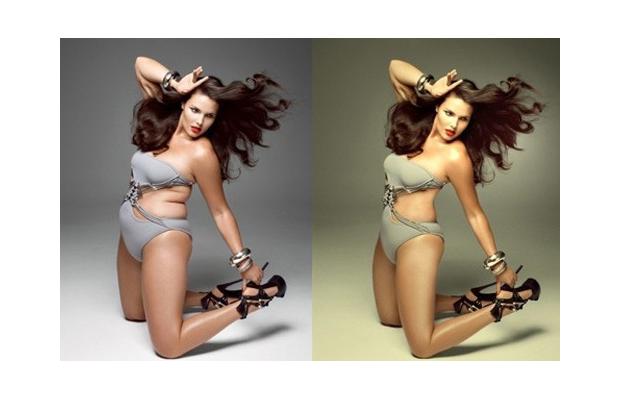
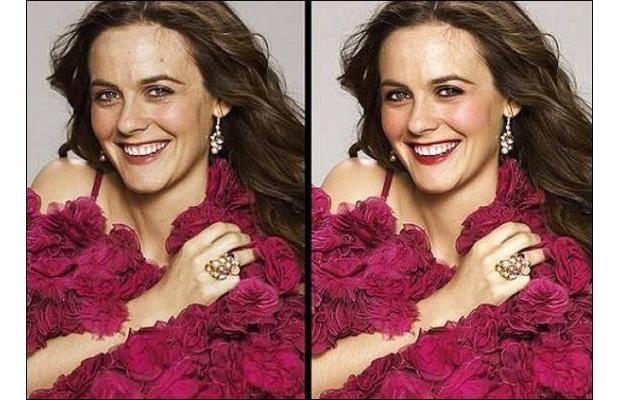
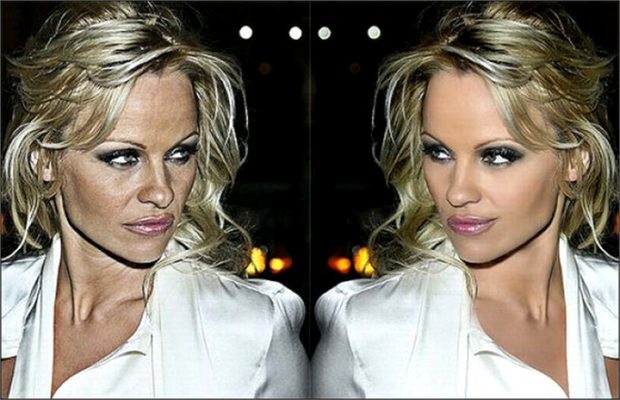
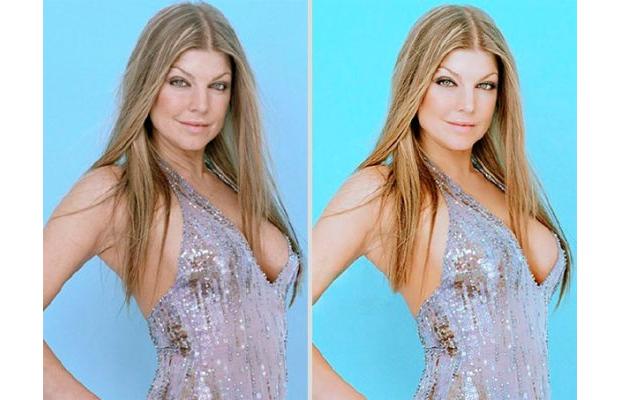
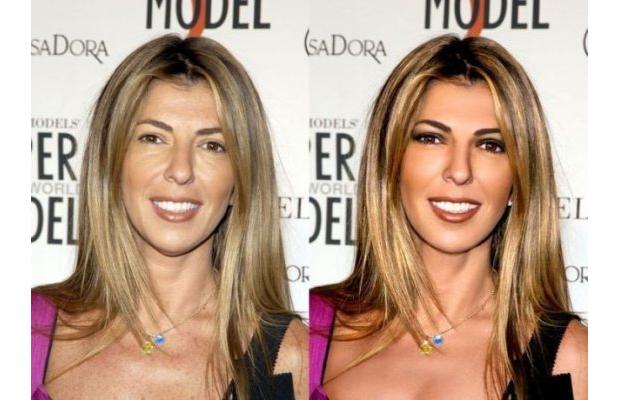
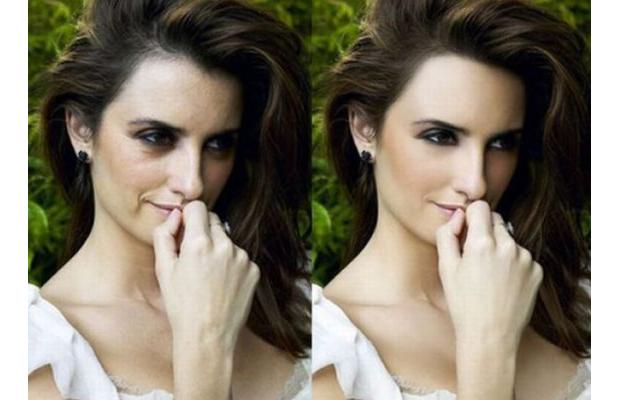
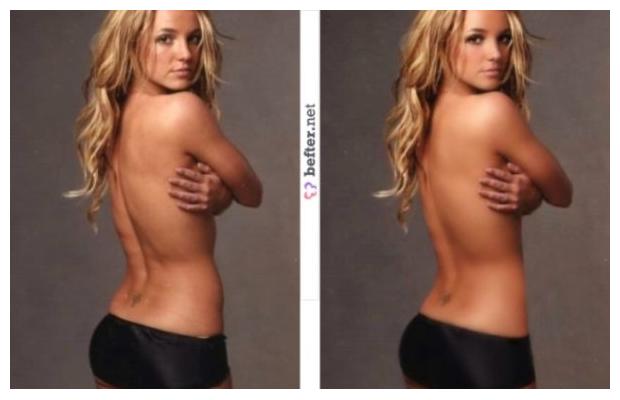
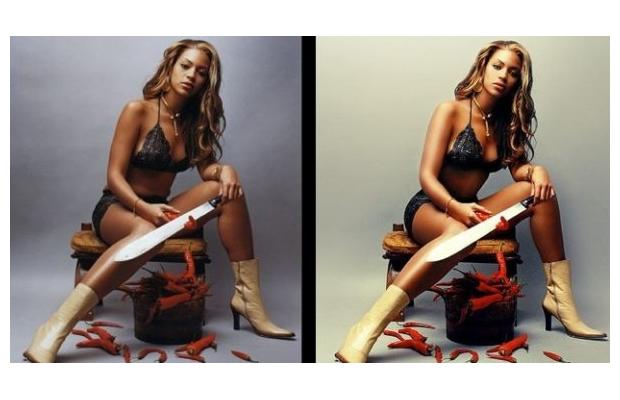
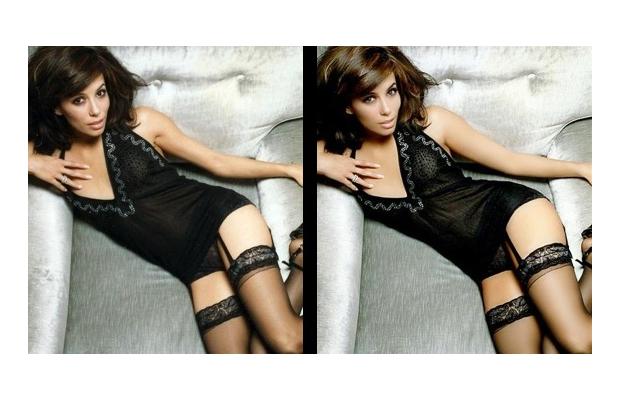
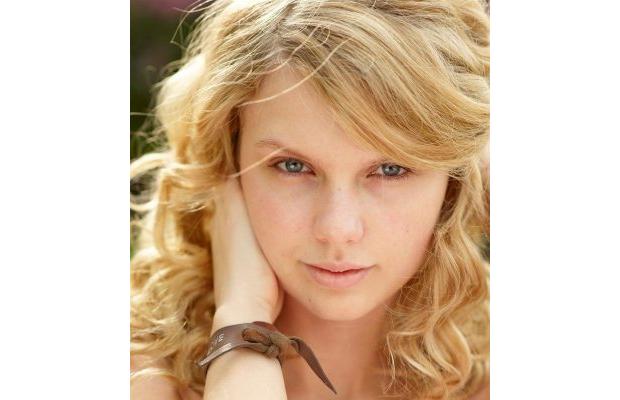
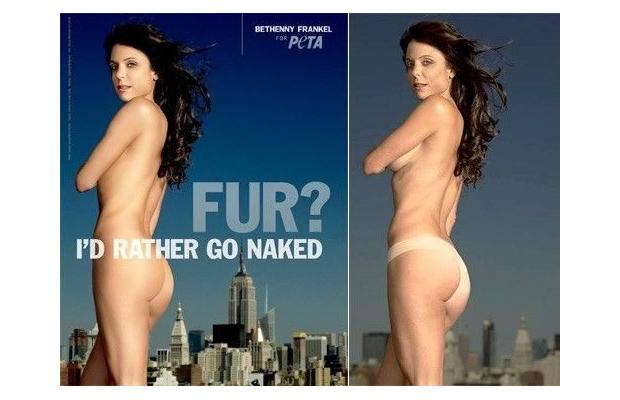
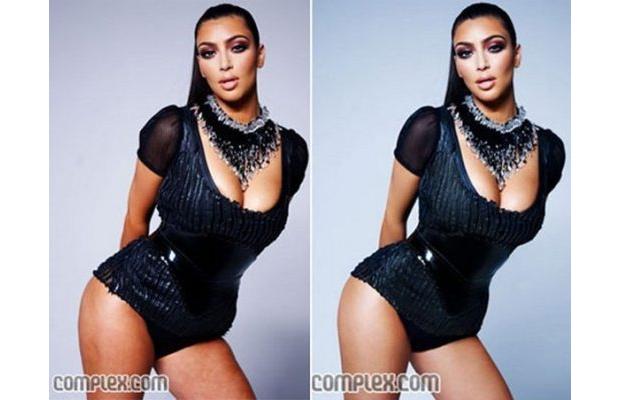






Leave a Reply